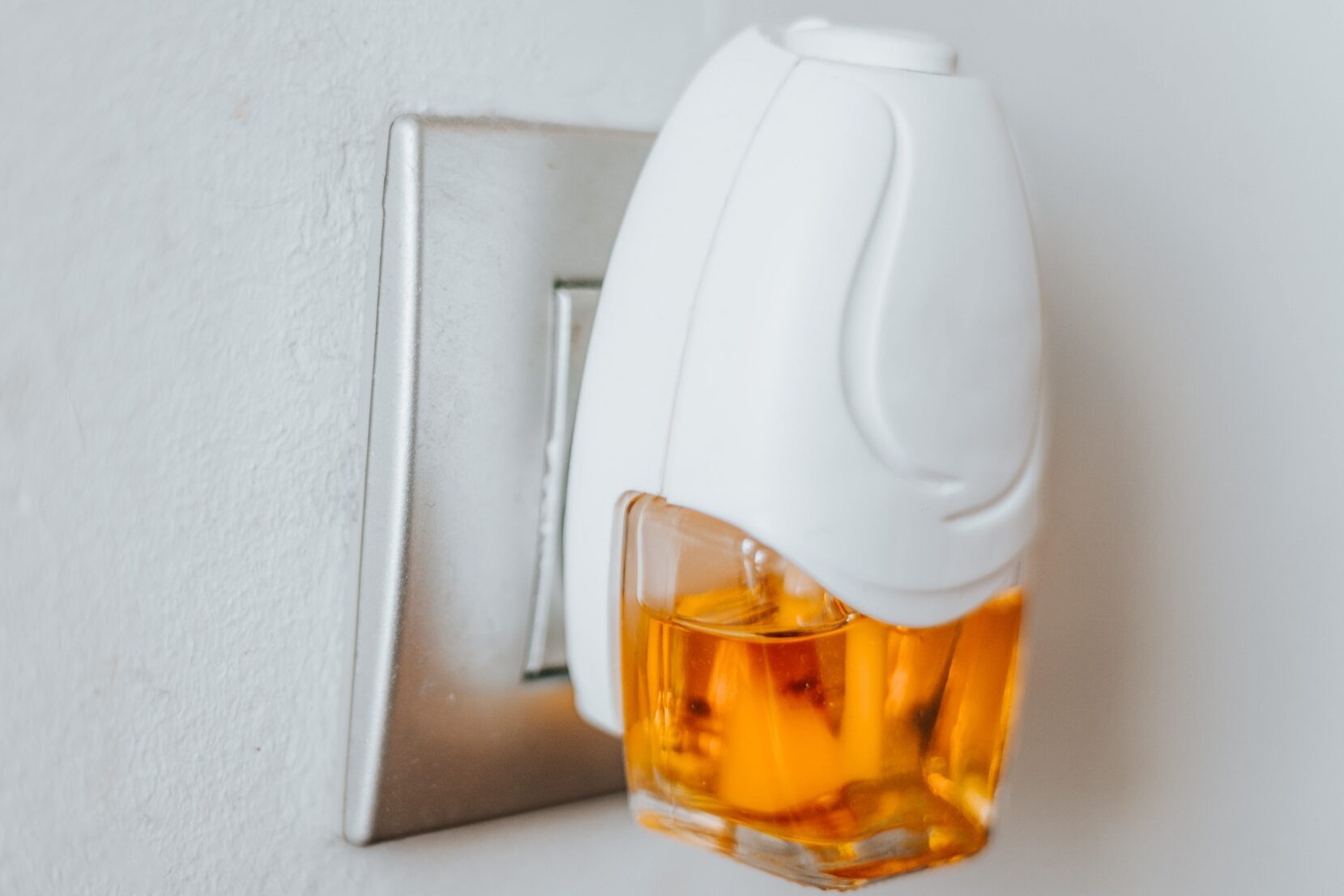Maybe you've heard buzz of the concerns around one of these: The things we clean with, and breathe in, come with cautions for some consumers.

New Study: These 3 Household Products Can Raise Your Alzheimer’s Risk

That plug-in air freshener helps offset the precious fragrance of that pet you love, and cleaning products help us kill germs to stay healthy…right?
Increasingly, professional consumer advocates are calling out the health hazards in our products, with one organization identifying 2,000 common household chemicals that are associated with concerning health risks like respiratory illnesses, disrupt hormones, harm the nervous system, spike cancer risk, and undermine wellness in other ways.
Brain health is emerging as one of them. With nearly 7 million Americans currently estimated to be living with Alzheimer’s, says the Alzheimer’s Association, and with that number projected to nearly double to around 13 million people by 2050, a new study conducted by chronic disease researchers in China has identified three particular household products that they believe may most increase your risk of Alzheimer’s disease.
Published October 15, 2024 in the peer-reviewed scientific journal Cell, the study compiled data from the 2018 Chinese Longitudinal Healthy Longevity Survey to analyze the relationship between eight major household product categories and the risk of cognitive impairment in adults age 65 and older. The products included in the analysis were:
- insecticides
- repellents
- anti-caries agents (products used to prevent cavities in teeth, such as fluoride)
- air fresheners
- air purifiers
- disinfectants
- toilet cleaners
- oil removers.
In short, the study found that regularly using disinfectant cleaning products, air fresheners, and anti-caries agents all appeared to contribute to cognitive decline in elderly adults.
They also noted that combined exposure to more than one of these three chemicals increased the risk of dementia even further, and more frequent users saw the greatest risk: […C]ompared to low-frequency use of household chemicals, high-frequency use of these chemicals is more strongly associated with cognitive decline.”
Though many household chemicals are believed to pose the greatest health risk to children and pets, this study highlights that even late-in-life exposure to certain substances may have a notable effect on dementia risk. And, as the researchers point out, people spend more than 90% of their time indoors, on average—with many seniors possibly spending even more time indoors than younger people. “The impact of indoor air quality (IAQ) on health status cannot be ignored,” they write.
So, another possible moral of the story? Getting out for a breath of fresh air is literally good for your health.
For daily wellness updates, subscribe to The Healthy by Reader’s Digest newsletter and follow The Healthy on Facebook and Instagram. Keep reading:
- The One Major Effect Walking Has on Your Dementia Risk, Says Research
- How High Is Your Alzheimer’s Risk? Doctors Say This 3-Minute Test May Reveal Your Chances of Dementia and Stroke
- Neurology Professor Just Listed the 9 Worst Habits for the Human Brain
- New Study: Here’s How Often You Should Poop To Reduce Your Alzheimer’s Risk



















